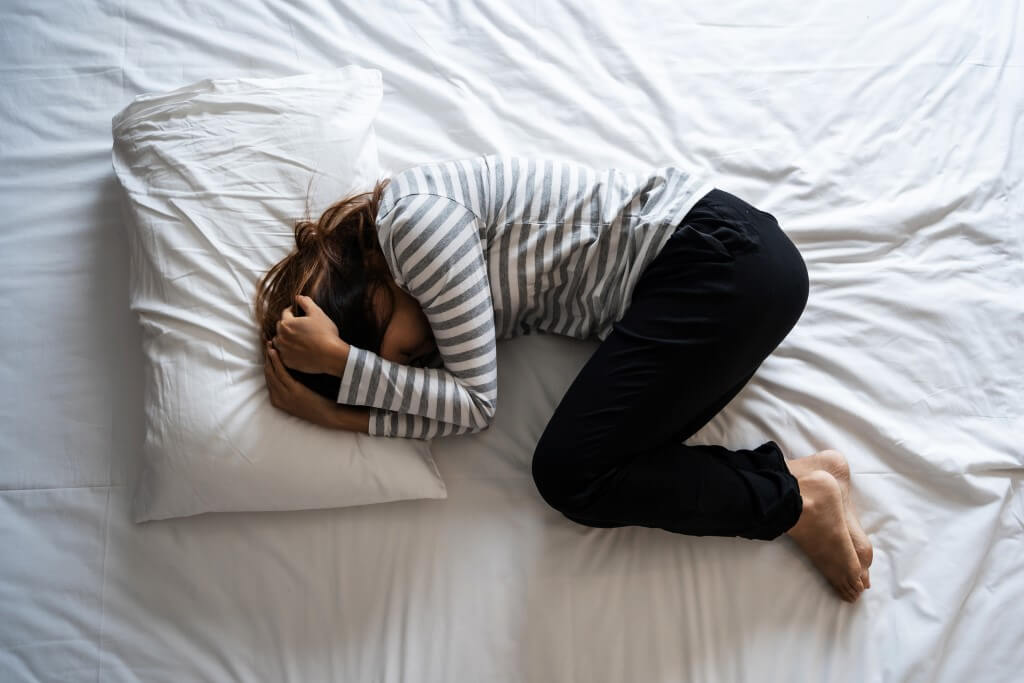Substance abuse, be it alcoholism or drug addiction, affects countless people all over the world. However, medical regimens and therapies aren’t the full picture when it comes to comprehending addiction and its treatment. Addiction treatment procedures and their success rates are heavily influenced by the public’s understanding and stigmatization of the disease. This essay addresses the taboo nature of addiction and provides detailed information on successful alcohol detox and drug addiction treatment.
1. The Stigma Surrounding Addiction
Stigma is a powerful tool that society has used over time to isolate and demean certain groups or conditions. Addiction, unfortunately, has not been exempt from this. The main facets of addiction-related stigma include:
- Blame and Personal Failure: Society often views addiction as a result of personal weakness, lack of willpower, or moral failing.
- Misunderstanding of Addiction: Many perceive addiction as a choice rather than a complex interplay of biological, environmental, and psychological factors.
- Fear and Discrimination: Individuals with addiction may face discrimination in employment, social, or medical settings.
2. The Science Behind Addiction
Before we delve into the treatment of addiction, it’s essential to understand the science behind it.
- Brain Chemistry: Alcohol and drugs can alter the structure and function of the brain, resulting in effects that last long after substance use has stopped. This can lead to severe cravings and obsessive drug seeking.
- Genetics: Certain people are predisposed to addiction due to genetic factors.
- Environment: Peer pressure, a lack of parental supervision, and socioeconomic level can all enhance the likelihood of addiction.
- Development: Because of the impact on the developing brain, using drugs at a younger age can raise the probability of addiction in maturity.
3. Alcohol Detox and Drug Addiction Treatment
Detoxification is the initial phase in the therapeutic process, with the goal of ridding the body of hazardous toxins. Effective treatments go beyond detox, addressing the individual’s entire needs.
- Medical Detox: This involves the supervised withdrawal from the substance, often accompanied by medications to ease withdrawal symptoms.
- Behavioral Therapies: These therapies help individuals cope with cravings, avoid triggers, and deal with potential relapses. Cognitive-Behavioral Therapy (CBT) is a common approach.
- Medication-Assisted Treatment (MAT): Certain medications can help suppress withdrawal symptoms, reduce cravings, or counteract the harmful effects of the addictive substance.
- Peer Support: Groups such as Alcoholics Anonymous or Narcotics Anonymous can offer invaluable peer support, guidance, and a sense of community.
Components of Comprehensive Addiction Treatment
| Component | Description |
|---|---|
| Detoxification | Removing substances from the body |
| Behavioral Therapies | Addressing behaviors, triggers, and coping mechanisms |
| Medication-Assisted Treatment | Using medications to support recovery |
| Peer Support | Relying on community and shared experiences |
4. Combatting the Stigma
Addressing the societal stigma surrounding addiction is essential for the success of any treatment strategy.
- Education: Increasing public awareness about the complexities of addiction can dispel myths and misunderstandings.
- Personal Stories: Individuals who have recovered from addiction sharing their stories can humanize the issue and break down barriers of judgment.
- Policy Change: Laws and policies that discriminate against people with addiction histories need revision. A focus on rehabilitation over punishment can transform societal views.
- Professional Training: Training for medical professionals, employers, and educators on understanding and addressing addiction can cultivate empathy and better support.
Key Takeaways
- The basis of today’s addiction stigma are miscommunication, blame, and discrimination.
- In the complex science of addiction, biological, environmental, and developmental factors all play a role.
- An effective treatment approach includes detoxification, behavioral therapy, medicine, and social support.
- Education, personal narratives, policy changes, and professional development are all key instruments in the stigma-fighting arsenal.
Taking care of yourself while recovering from an addiction goes beyond meeting your basic physiological needs. It’s all-encompassing, touching on your physical, emotional, mental, and spiritual well-being. The stigma associated with substance abuse and mental illness can be greatly reduced if people in these fields begin to actively practice self-care.
Taking Care of One’s Body
Neglecting one’s health is a common consequence of addiction. You may help your recovery and dispel the stigma that individuals in recovery are unhealthy or weak by engaging in regular physical self-care activities like exercise, a nutritious diet, sufficient sleep, and medical checkups. You are proving to everyone—and most importantly, yourself—that you are actively reclaiming your health.
Take Care of Your Emotions
Recognizing and processing your emotions in a healthy way constitutes emotional self-care. Therapy, journaling, mindfulness, or just allowing yourself to feel what you’re feeling without judgment are all possible methods. Doing so not only benefits your own emotional well-being, but also challenges the widespread belief that persons with addiction or mental health disorders are unable to control their emotions.

Mindful Maintenance
Learning something new, reading, or pursuing a hobby are all great examples of mental self-care activities. In addition to their therapeutic value, these pursuits can also help dispel the myth that those in recovery are unable to make meaningful contributions to society.
Care for One’s Soul
Meditation, prayer, time in nature, and involvement in a faith group are all examples of spiritual self-care practices. A sense
of purpose and belonging can result from feeling connected to something bigger than oneself, and religion can provide that link. The myth that people in recovery are hopeless or lost can be dispelled through spiritual self-care.
Effective alcohol detox and drug addiction treatment is not just a matter of medical procedures and therapies. It’s an interwoven tapestry of understanding the science, individualized treatment strategies, and societal support. At the heart of this tapestry is the need to address and eradicate the stigma surrounding addiction. Only when society starts viewing addiction as a health issue, deserving of empathy and understanding, will we truly unlock the full potential of addiction treatment and recovery. This holistic approach, emphasizing both science and empathy, promises a brighter, more supportive future for those battling the shadows of addiction.
Frequently Asked Questions
1. What is self-care? According to Changes Rehab, self-care is the practice of taking action to preserve or improve one’s health, including physical, mental, and emotional well-being.
2. How does self-care help in addiction recovery? Self-care helps individuals cope with stress, reduce relapse risks, enhance self-esteem, and foster mental and physical health, making it a vital part of the recovery process.
3. Can practicing self-care reduce stigma? Yes, self-care is an act of self-love and self-respect, and by practicing it, individuals can challenge and break the societal stigmas associated with addiction and mental health.
4. What type of self-care activities are recommended? Changes Rehab recommends a balance of physical activities (like exercise and balanced diet), emotional self-care (like counseling and mindfulness), and social self-care (like cultivating healthy relationships and seeking support).
5. How does Changes Rehab support self-care in recovery? Changes Rehab supports self-care by offering a holistic recovery program that includes therapies and activities aimed at promoting self-care and self-love.
6. What if I struggle with self-care? Changes Rehab understands that self-care may be challenging, especially during recovery, and they provide guidance and support to help individuals develop effective self-care habits.
7. Does self-care mean I’m being selfish? No, self-care is not selfish. It’s a necessary aspect of maintaining your mental, physical, and emotional health.
8. How often should I practice self-care? Self-care should be a regular part of your daily routine, and Changes Rehab encourages incorporating various self-care activities into your day.
9. Can self-care improve my mental health? Yes, self-care can significantly improve mental health by reducing stress, boosting self-esteem, and promoting overall well-being.
10. How can I start integrating self-care into my lifestyle? Changes Rehab suggests starting small, like taking a few minutes a day to relax or engage in an activity you enjoy. The aim is to progressively incorporate more self-care activities into your routine.

